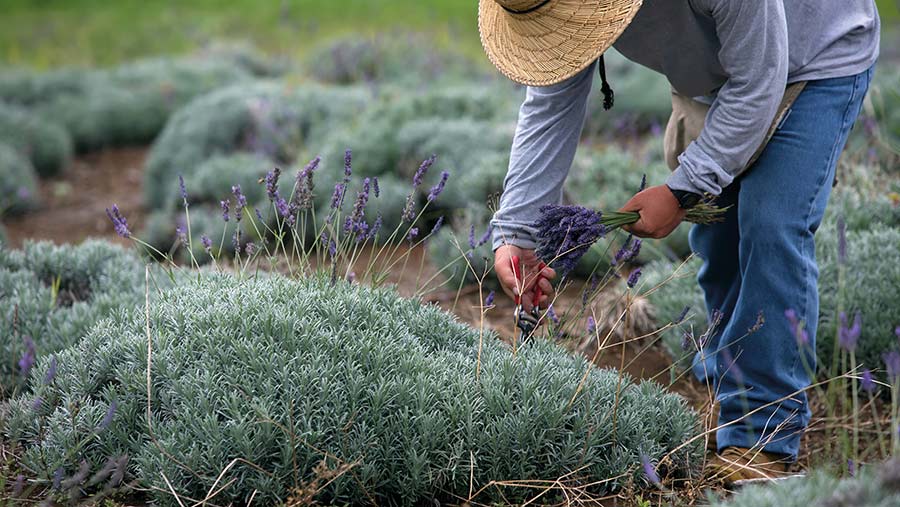Opinion: Supermarkets must pay more so farmers can too
 © Scott Griessel/Adobe Stock
© Scott Griessel/Adobe Stock Did I ever tell you that I am a gangmaster? I’m not sure if I’ve mentioned it here before. It’s not a fact that I promote.
In terms of social standing, being a gangmaster carries less prestige than being that guy in the string vest and tipper Transit who tarmacs driveways for cash and wants to buy your old tractor batteries.
Our reason for starting our own labour agency wasn’t a lifestyle choice; it was the only way to pay our workers more without the money being creamed off by an agent in the middle.
We harvest all our flowers by hand and can easily find work for 250 people during our busy spells.
As our business expanded, it grew increasingly difficult to find a labour provider that could find the number of workers that we wanted legally.
See also: Read more about staff management in our Know How area
About the author
 Matthew Naylor
Matthew Naylor
Farmers Weekly columnist, Farmers Weekly
Matthew Naylor is the managing director of Naylor Flowers, a Lincolnshire business that grows cut flowers and potatoes for supermarkets. He is a Nuffield scholar, a mentor for the Prince’s Trust and on the governing body of the Marshal Papworth Fund.
Read more articles by Matthew Naylor
Some could provide us with enough workers and some played by the rules, but there were very few suppliers who did both.
Our workforce is our single most important asset and the threat of illegal working, tax fraud and worker exploitation were risks we needed to eliminate. These problems are rife elsewhere and go largely unchallenged.
Tight margins
After the 2016 EU referendum, we teamed up with a neighbouring farm to start doing the job ourselves.
Our labour company now has a few hundred people on the payroll, turns over several million pounds and supplies lots of neighbouring farms.
We operate the business on the tightest margin possible to benefit the staff and to keep cost savings in our farming businesses.
Jules, my business partner, and I manage it without taking any wages or expenses.
The bigger reward for us is that we have been able to retain our great team of workers by offering them more stable employment and consistently good earnings.
Many of the people working with us started as economic migrants from eastern Europe, but are now settled in the UK, and some have been able to get mortgages and buy homes.
I accept that we have been lucky and that other farms are facing bigger labour challenges. There are definitely fewer people in the UK willing and able to do field work than there were four years ago.
It is common to hear farmers complaining in the media that they can’t find staff and there are calls for the government to allow more seasonal workers into the UK. I follow that logic.
This a supply-and-demand issue.
But I’m not convinced that we can justify bringing more workers into the UK when the people who work to produce our food are already among the lowest earners.
Maybe competition here is good.
The procurement practices of supermarkets and big food companies are largely to blame.
Their continual squeeze on prices is the root cause of worker exploitation and tax fraud at the hard-working end of the fresh produce supply chain.
Increasing worker numbers from poorer countries allows them to get away with it.
Maybe the food and farming industry needs to go through a painful readjustment period as wages rise and growers learn to produce the same with a smaller workforce.
We can embrace mechanisation and should put our effort into offering more job security and more attractive working conditions.
It is time to acknowledge the downward spiral we have been in and to ask shoppers to pay more for the things we grow for them.
